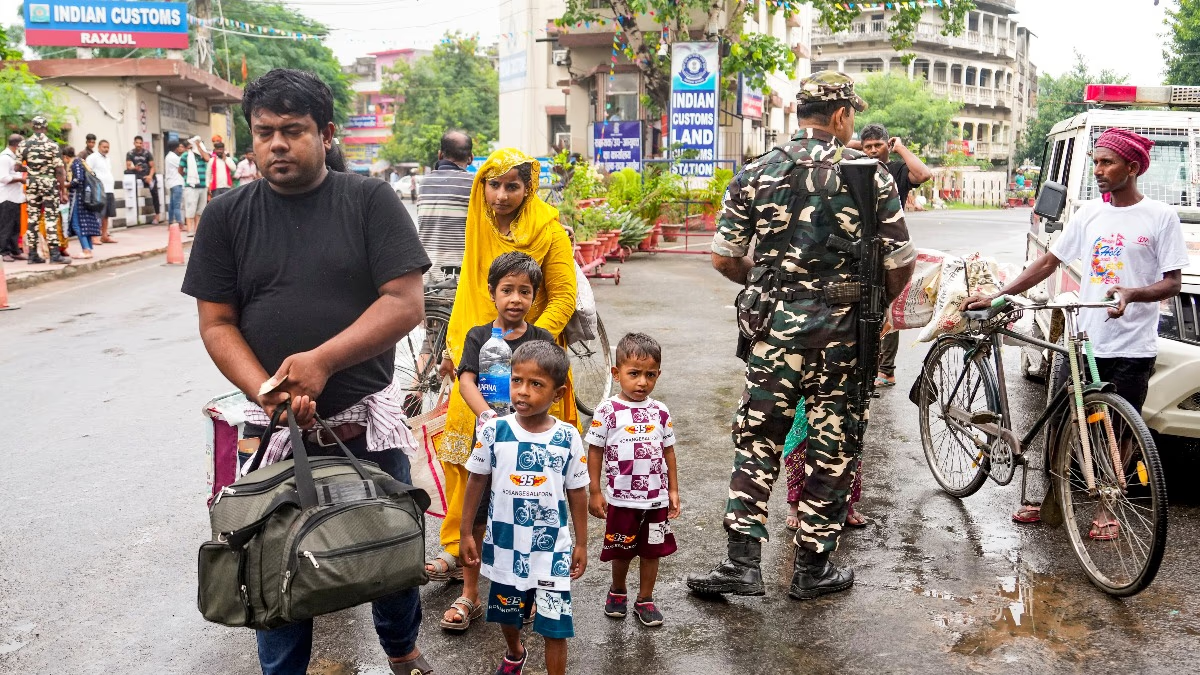The Citizenship Amendment Act (CAA) is now in force across the nation. Government has released notification regarding the act.
Amended citizenship law was passed in both houses of Parliament in December 2019, and by Jan 2020 President gave his consent. However, the delay in rule-making delayed its implementation.
Typically, rules should be framed within 6 months after a law is made. If not, parliament's extension is necessary. CAA experienced this multiple times.
Those eligible for citizenship were unable to apply due to pending rules and absence of notification, but now applications can be submitted.
Who Can Apply for Citizenship?
Citizenship Amendment Bill was first introduced in Lok Sabha in 2016. After being stuck in Rajya Sabha, it was referred to parliamentary committee, and elections followed.
Post elections, the bill was reintroduced in Lok Sabha in Dec 2019 and passed both houses. As of January 2020, it became law.
Under CAA, refugees from Pakistan, Bangladesh, and Afghanistan belonging to Hindu, Sikh, Buddhist, Jain, Christian, and Parsi faiths will be eligible for Indian citizenship. The law states that those who settled in India before 31 December 2014 will be granted citizenship.
Why Are Muslims Excluded?
The biggest controversy around CAA is this question. Opponents label the law anti-Muslim, questioning the religious basis for citizenship and the exclusion of Muslims.
The government states that Pakistan, Bangladesh, and Afghanistan are Islamic nations where minorities face persecution on religious grounds. Hence, non-Muslims fleeing to India are included.
Legally, citizenship requires at least 11 years of residence. However, CAA allows these non-Muslim immigrants to gain citizenship after just 6 years, as opposed to 11 years for other foreign nationals, regardless of religion.
So, How Many Will Gain Citizenship?
Immediate enactment makes 31,313 individuals eligible for citizenship under CAA.
In its 2019 report, the Joint Parliamentary Committee highlighted the number of non-Muslims from the specified countries as of 31 Dec 2014. Upon law's enactment, these individuals are set to receive citizenship.
Among these, the majority were 25,447 Hindus and 5,807 Sikhs. There were also 55 Christians and 2 individuals each from Buddhist and Parsi communities, all fleeing religious persecution in their homelands.
How Will Citizenship Be Granted?
The government has digitalized the entire process with an online portal prepared. Applicants can apply even from their phones, needing to state the year of entry into India without documentation.
Applicants won't be asked for documents; all pending eligibility cases will be processed online. Eligible displaced people just need to apply on the portal, thereafter, the Ministry of Home Affairs will conduct verification and grant citizenship.
Will Anyone's Citizenship Be Revoked?
No. CAA does not contain provisions to strip any Indian of citizenship. It specifically provides for citizenship to non-Muslim communities from the three specified countries who entered India before 31 December 2014.
Fears in the North-East!
CAA has faced long-standing opposition in North-East India due to fears of cultural identity loss.
Notably, a significant ST population resides in these states, with distinct cultures and constitutional protections. The concern is citizenship grants to refugees could lead to resource domination.




